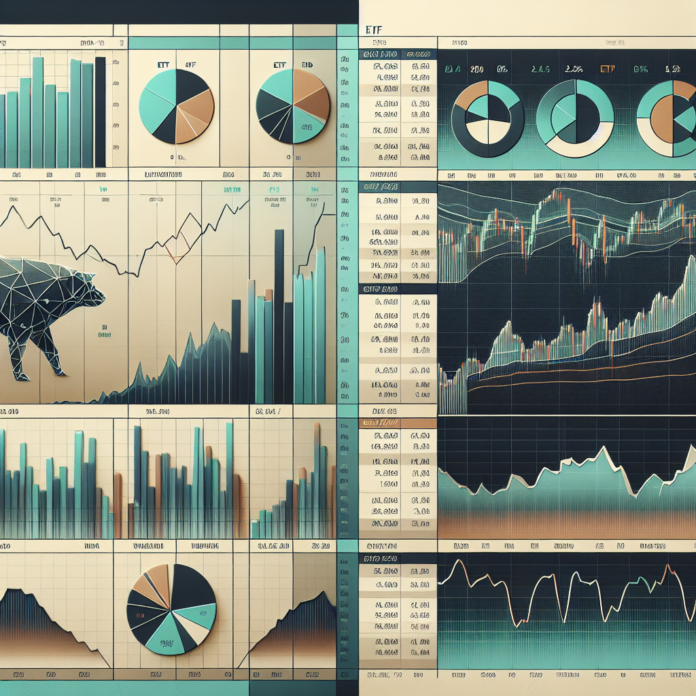Introduction:
When it comes to investing in the stock market, there are various options available, including individual stocks and exchange-traded funds (ETFs). Understanding the pros and cons of each can help investors make informed decisions that align with their investment goals and risk tolerance. In this article, we will explore the advantages and disadvantages of investing in ETFs and individual stocks, providing insights to help you determine which option may be suitable for your investment portfolio.
- Exchange-Traded Funds (ETFs):
ETFs are investment funds that trade on stock exchanges, consisting of a basket of securities such as stocks, bonds, or commodities. Here are some pros and cons of investing in ETFs:
Pros of ETFs:
a. Diversification: ETFs offer instant diversification as they hold a wide range of securities. By investing in an ETF, investors gain exposure to multiple assets, reducing the risk associated with holding individual stocks.
External link 1: [ETF provider offering diversified options]: [URL]
Description: Explore an ETF provider that offers diversified options across various asset classes and sectors. Gain access to a wide range of investment opportunities while minimizing individual stock risk.
b. Lower Costs: ETFs generally have lower expense ratios compared to actively managed mutual funds. Due to their passive management style, ETFs typically aim to replicate the performance of a specific index, resulting in lower administrative costs.
External link 2: [Online brokerage with low-cost ETF trading]: [URL]
Description: Discover an online brokerage that offers low-cost ETF trading, allowing you to minimize fees and maximize your investment returns.
Cons of ETFs:
a. Lack of Individual Stock Control: When investing in ETFs, investors relinquish control over specific stock selection. While this may reduce the risk associated with individual stock picks, it also means they cannot cherry-pick specific holdings based on their preferences.
- Individual Stocks:
Investing in individual stocks involves purchasing shares of specific companies. Here are some pros and cons of investing in individual stocks:
Pros of Individual Stocks:
a. Potential for High Returns: Investing in individual stocks offers the potential for significant returns if the chosen companies perform well. Successful stock selection can lead to outsized gains compared to ETFs, particularly if the investor identifies undervalued or high-growth companies.
b. Control and Flexibility: By investing in individual stocks, investors have complete control over the selection and allocation of their investments. They can align their portfolios with their investment strategies, risk tolerance, and preferences.
Cons of Individual Stocks:
a. Higher Risk: Investing in individual stocks carries higher risk compared to investing in ETFs. The fortunes of individual companies can be influenced by various factors such as management changes, industry disruptions, economic developments, or even unforeseen events. Holding a concentrated portfolio can result in larger losses if a few stocks underperform.
Conclusion:
The choice between investing in ETFs or individual stocks depends on your investment objectives, risk tolerance, and preferences. ETFs offer instant diversification and lower costs, making them suitable for investors seeking broad market exposure. On the other hand, individual stocks provide the potential for higher returns and offer control over portfolio selection but come with higher risk. By utilizing external resources like ETF providers offering diversified options and online brokerages with low-cost ETF trading, as well as platforms that provide detailed stock analysis, investors can enhance their decision-making process. Understanding the pros and cons of each investment option will help investors make informed decisions that align with their financial goals and risk appetite.




 AGF-B.CO
AGF-B.CO